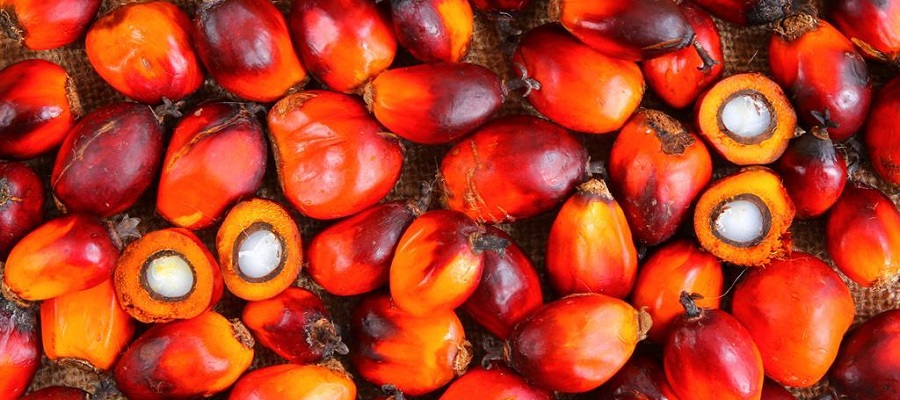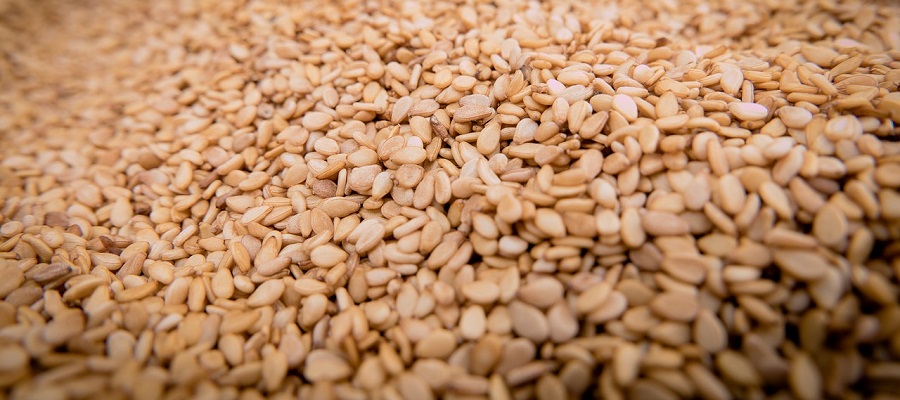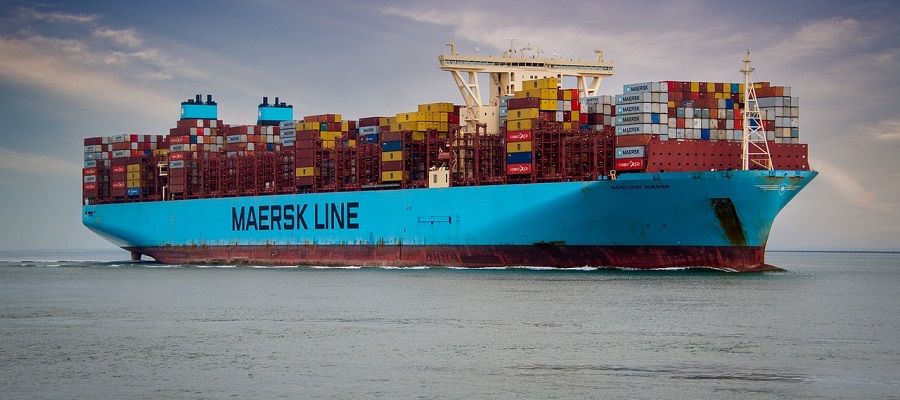The world market is firmly in the hands of Indonesia and Malaysia, which together account for 85 percent of production. About 10 to 15 percent of this is exported to the European Union, of which about one-third is in turn used for biodiesel production.
Largest palm oil producers (2018)
| Rank | Country | Quantity (in t) |
|---|---|---|
| 1 |  Indonesia Indonesia |
40.567.230 |
| 2 |  Malaysia Malaysia |
19.516.100 |
| 3 |  Thailand Thailand |
2.776.800 |
| 4 |  Colombia Colombia |
1.645.846 |
| 5 |  Nigeria Nigeria |
1.130.000 |
| 6 |  Guatemala Guatemala |
875.000 |
| 7 |  Honduras Honduras |
653.000 |
| 8 |  Papua New Guinea Papua New Guinea |
648.000 |
| 9 |  Ecuador Ecuador |
560.000 |
| 10 |  Ivory Coast Ivory Coast |
450.000 |
| World | 71.468.153 |
Source: https://www.fao.org/faostat/en/#data/QC
Bad reputation
Hardly any plant-based raw material has such a bad reputation as palm oil: The raw material is considered a climate killer because oil palms are grown in regions where most rainforest areas are cleared, in large part for new plantations - the impact on the global climate and biodiversity is considerable.
Every second fatty consumer product - from skin cream to spreads to biodiesel - contains palm oil. From 2021, the EU wanted to ban the use of palm oil for biodiesel production. This was the wish of the EU Parliament with its decision in January. The EU Commission and the Council of Ministers stopped the plan, and no more palm oil is to be used in biodiesel until 2030.
In 2010, there was even a campaign by Greenpeace that made waves. This should draw attention to the jungle clearing and thus the taken habitat of the orangutans.
The following video was published at the time:
EU imports less palm oil
EU member states and the United Kingdom imported significantly less palm oil in the past 2019/20 marketing year than in the previous year.
As the Union for the Promotion of Oil and Protein Plants (UFOP) announced in Berlin, referring to data from the EU Commission, the relevant volume from July 2019 to June 21, 2020 decreased by 0.7 million tons, or 11%, to 5.5 million tons of palm oil compared to the same period last year.
According to UFOP, palm oil imports from the two largest importers in particular were down. For example, a 29% drop in these imports to 1.612 million t was recorded for the Netherlands and a 16% reduction to 1.522 million t for Spain. However, for Italy, the third largest purchaser, the Commission recorded an increase of 13% to 1.353 million tons.
The United Kingdom followed at a great distance with an import volume of 272,000 t of palm oil, an increase of 6%. France even increased its palm oil imports by 38% to 234,000 tons. Germany, on the other hand, restricted its purchases by 2% to 197,000 t. UFOP welcomed the reduction in palm oil imports. It said this was mainly due to the decline in the use of palm oil for the production of biodiesel and hydrogenated vegetable oil (HVO).
The association expects a further decrease as a result of the implementation of the Delegated Regulation on the Implementation of Sustainability Requirements for Biomass with High or Low Risk of Indirect Land Use Change (iLUC). However, the pace of curtailment depends on the ambition level of member states - no one needs to wait until 2030, the funding union stressed.
Meanwhile, UFOP renewed its criticism of the "unsatisfactory data quality" of the official statistics of the EU Commission and the member states on the traceability of the types of raw materials used. Here, the EU database announced in the Renewable Energies Directive II (RED II), based on the model of the German database system "Nabisy" of the Federal Agency for Agriculture and Food (BLE), should be set up as soon as possible. This would help to avoid possible double counting and fraud as best as possible.


